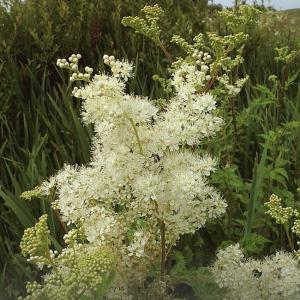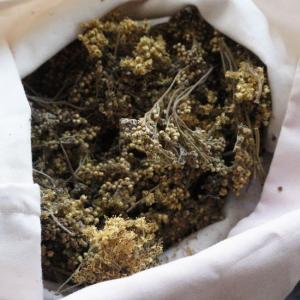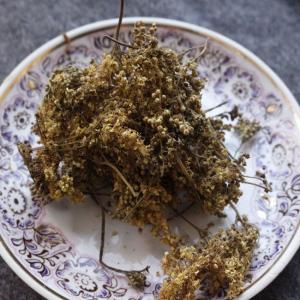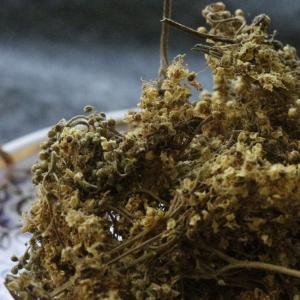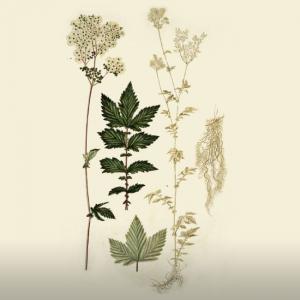
MEADOWSWEET FLOWER (FILIPENDULA ULMARIA) - PLANTS

BASE / GENERAL DATA
Information submited: November 3, 2017 By: OperaDreamhouse
Botanical Name: Meadowsweet Flower (Filipendula Ulmaria)
Botanical Origin: Europe and North America
Part Typically Used: Flowers and leaf
Common name: Queen of the meadow, pride of the meadow, meadow-wort, meadow queen, lady of the meadow, dollof, meadsweet and bridewort.
Filipendula Ulmaria, commonly known as Meadowsweet or Mead Wort, is a perennial herb in the family Rosaceae that grows in damp meadows. It is native throughout most of Europe and Western Asia (Near east and Middle east). It has been introduced and naturalised in North America.
The stems are 1 - 2 m tall, erect and furrowed, reddish to sometimes purple. The leaves are dark-green on the upper side and whitish and downy underneath, much divided, interruptedly pinnate, having a few large serrate leaflets and small intermediate ones. Terminal leaflets are large, 4 - 8 cm long, and three- to five-lobed.
Meadowsweet has delicate, graceful, creamy-white flowers clustered close together in irregularly-branched cymes, having a very strong, sweet smell. They flower from early summer to early autumn.
Botanical Origin: Europe and North America
Part Typically Used: Flowers and leaf
Common name: Queen of the meadow, pride of the meadow, meadow-wort, meadow queen, lady of the meadow, dollof, meadsweet and bridewort.
Filipendula Ulmaria, commonly known as Meadowsweet or Mead Wort, is a perennial herb in the family Rosaceae that grows in damp meadows. It is native throughout most of Europe and Western Asia (Near east and Middle east). It has been introduced and naturalised in North America.
The stems are 1 - 2 m tall, erect and furrowed, reddish to sometimes purple. The leaves are dark-green on the upper side and whitish and downy underneath, much divided, interruptedly pinnate, having a few large serrate leaflets and small intermediate ones. Terminal leaflets are large, 4 - 8 cm long, and three- to five-lobed.
Meadowsweet has delicate, graceful, creamy-white flowers clustered close together in irregularly-branched cymes, having a very strong, sweet smell. They flower from early summer to early autumn.

SPIRITUAL PRACTISES DATA

MEDICINE / HEALTH DATA

BEAUTY / COSMETICS DATA

FOOD / COOKING DATA
COMMENTS
No comments.


